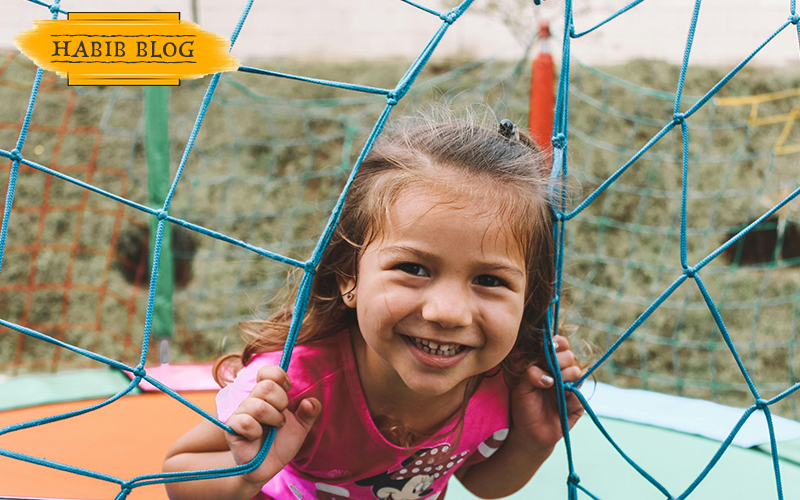Introduction
In today’s fast-paced world, ensuring optimal growth and development for our children is paramount. From physical health to emotional well-being, every aspect plays a crucial role in shaping their future. As parents and caregivers, understanding the intricacies of fostering healthy growth is key. In this article, we delve into the fundamental aspects of kids’ growth, offering expert advice and practical tips to support their journey towards a thriving adulthood.

1. Understanding Growth Milestones Navigating through various growth milestones is a hallmark of parenting. From the first smile to the first step, each achievement marks a significant developmental stage. Understanding these milestones allows parents to track their child’s progress and provide appropriate support.
1.1 Early Childhood Development During the early years, rapid brain development occurs, laying the foundation for future learning and behavior. Providing a nurturing environment enriched with sensory experiences fosters cognitive growth and emotional stability.
1.2 Physical Milestones Physical development encompasses motor skills, coordination, and sensory abilities. Encouraging outdoor play and age-appropriate activities promotes physical fitness and overall well-being.
2. Promoting Healthy Nutrition A balanced diet is essential for children’s growth and development. Incorporating a variety of nutrient-rich foods ensures adequate intake of vitamins, minerals, and essential nutrients necessary for optimal growth.
2.1 Importance of Nutrient-Rich Foods Nutrient-rich foods, such as fruits, vegetables, lean proteins, and whole grains, provide the building blocks for healthy growth. Emphasizing a colorful plate encourages children to explore different food groups and develop healthy eating habits.
2.2 Meal Planning Tips Planning nutritious meals and snacks ahead of time simplifies mealtime and ensures balanced nutrition. Involving children in meal preparation cultivates their interest in healthy eating and empowers them to make wholesome food choices.
3. Fostering Emotional Well-being Emotional well-being is integral to children’s overall growth and resilience. Nurturing positive relationships, teaching emotional regulation skills, and fostering a supportive environment are essential for promoting mental health.
3.1 Building Resilience Resilience equips children with the ability to navigate challenges and bounce back from setbacks. Encouraging open communication, problem-solving, and coping strategies strengthens resilience and fosters emotional intelligence.
3.2 Creating a Safe Haven A nurturing home environment characterized by love, respect, and empathy provides children with a sense of security and belonging. Establishing routines, setting boundaries, and offering unconditional support cultivates emotional stability and self-confidence.
4. Cultivating Lifelong Learning Education is a cornerstone of children’s growth, offering opportunities for exploration, creativity, and intellectual development. Fostering a love for learning from an early age sets the stage for lifelong curiosity and academic success.
4.1 Early Literacy Development Reading aloud, engaging in storytelling, and providing access to age-appropriate books ignite a passion for reading and language development. Encouraging curiosity and exploration enhances cognitive skills and fosters a lifelong love for learning.
4.2 Enriching Learning Environments Creating stimulating learning environments both at home and in educational settings stimulates curiosity and creativity. Incorporating hands-on activities, educational games, and interactive experiences enhances learning outcomes and fosters intellectual growth.
Kids Growth Article: More Than Just Physical Development
Children’s growth encompasses a myriad of factors, including physical, cognitive, social, and emotional dimensions. Nurturing holistic development requires a multifaceted approach that addresses each aspect comprehensively. By prioritizing nutrition, emotional well-being, and lifelong learning, parents and caregivers play a pivotal role in shaping a brighter future for the next generation.












